Prof. Dr. Phan Van Tuong - Permanent Vice President and General Secretary of the Vietnam Private Medical Practitioners Association, Chairman of the Scientific Council of the Institute for Training and Development of Health Management Staff, Former Director of the Institute for Training and Development of Health Management Staff, shared about the worrying situation of assault on health workers in recent times.
Violence against health workers is getting worse
According to Professor Phan Van Tuong, recently, assaults on medical staff have tended to increase and become more complicated, with many incidents occurring right in the emergency area - which should be the most strictly protected space.
He said that this is a serious problem, not only threatening the life, health and honor of practitioners but also causing insecurity and disorder in medical facilities. This behavior goes against ethics, the tradition of respecting physicians and the tireless efforts of medical staff.
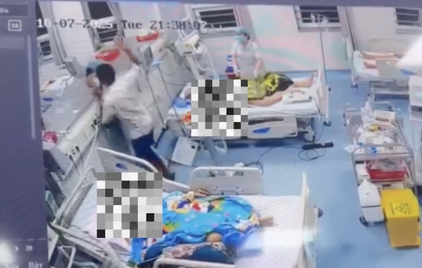
Image of a nurse at Vung Tau General Hospital being assaulted by a patient's family member. Photo: Nam Thuong.
According to him, violence against medical staff originates from many sides. First, it is from the side of patients and relatives, panic, frustration due to illness, long waiting times, or lack of understanding of procedures and professional limits in medicine are factors that easily incite extremist behavior. In addition, behavioral culture and awareness of respect for the law among a part of the population is still limited.
In the healthcare system, hospital overload increases work pressure, leading to communication errors or delays in care, causing misunderstandings for patients. Some facilities also lack effective response procedures when security incidents occur.
In particular, according to Professor Phan Van Tuong, the legal handling of cases of assault on medical staff is sometimes not strong enough or timely enough, reducing the deterrent effect on violators. "Some cases have not been promptly handled according to the law, including criminal prosecution," he emphasized.
Violence against health workers profoundly affects morale and quality of treatment
Professor Phan Van Tuong said that violence against medical staff not only leaves physical injuries but also seriously affects the morale of the medical team. "Fear and insecurity cause many medical staff to lose motivation to work, some even avoid difficult cases or limit communication with patients," he said.
This has a direct impact on the quality of medical examination and treatment – when doctors have to work under stress, they are more likely to make mistakes and it is difficult to fully devote themselves to the patient.
According to Prof. Dr. Phan Van Tuong, in the private health sector, thanks to the smaller scale and professional service process, low overload rate, and better investment in security systems, violence is less likely to occur. However, there are still serious incidents when patients or their families lose control of their emotions, especially in the case of medical incidents.
He said that private establishments need to proactively invest in security systems, train professional security guards and coordinate closely with local police in emergency situations.
What solutions are needed?
Faced with this worrying situation, Professor Phan Van Tuong has made many specific recommendations as follows:
Perfecting the legal framework: It is necessary to consider assaulting medical staff as an act of resisting law enforcement officers to handle it strictly and with sufficient deterrence.
Strengthen security coordination: Request the Ministry of Public Security to direct local police to coordinate and provide timely support when there are incidents at hospitals, especially in the emergency area.
Develop a "security red alert" process: Help medical facilities proactively activate rapid response, protecting staff before the incident gets out of control.
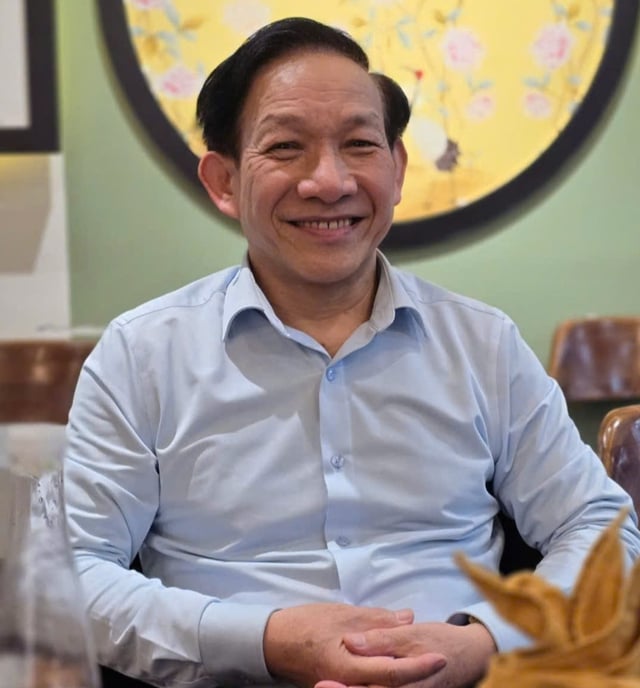
Prof. Dr. Phan Van Tuong - Permanent Vice President and General Secretary of the Vietnam Private Medical Practitioners Association, Chairman of the Scientific Council of the Institute for Training and Development of Health Management Staff, Former Director of the Institute for Training and Development of Health Management Staff.
In addition to tightening legal sanctions, Professor Phan Van Tuong said that it is necessary to promote soft solutions, specifically:
- Behavioral skills training: Training for medical staff on communication skills, behavior, explanation, stress management and handling of media/conflict crises; training for medical examination and treatment area managers on handling media crises; Training for security staff on protection skills, appropriate suppression and coordination with medical staff.
- Communication: Strengthen communication and education of the community on the Law on Medical Examination and Treatment (patients' rights and responsibilities), objective risks in medicine and respect for practitioners; Build a campaign "Safe hospitals, respect for doctors" to change social awareness.
- Strengthening social workers: Add social workers to the emergency area to provide psychological support, explain and act as a bridge between medical staff and patients' relatives.
"I always believe that "quality and safety are the foundation of humanity", so patients and their families should trust, share and respect the silent sacrifices of the medical team. Because a safe medical examination and treatment environment is a prerequisite for doctors and nurses to be able to do their best to save people. Let's leave the medical staff with hope instead of violence at the hospital door.
As for the medical staff, they should continue to improve their medical ethics, professional qualifications, and especially their communication and behavioral skills, putting themselves in the position of the patient to understand. At the same time, they need to boldly speak up and protect their legitimate rights within the legal framework. In addition, the medical staff need to change their mindset, from passive service provision to proactive service provision towards the patient/service target.
When medical staff truly consider patients as the center, using their satisfaction as a measure of service quality, the medical industry will increasingly move closer to the goal of "comprehensive - professional - humane care". That is also the path to restore and strengthen society's trust in doctors - the "white-coated soldiers" who always silently preserve life and hope for the community", said Prof. Dr. Phan Van Tuong.
See more articles:
 Three consecutive assaults on doctors, Ministry of Health asks hospitals to tighten security
Three consecutive assaults on doctors, Ministry of Health asks hospitals to tighten securitySource: https://suckhoedoisong.vn/hay-de-lai-cho-thay-thuoc-niem-tin-dung-de-lai-noi-dau-169251103142323636.htm







![[Photo] Opening of the 14th Conference of the 13th Party Central Committee](https://vphoto.vietnam.vn/thumb/1200x675/vietnam/resource/IMAGE/2025/11/05/1762310995216_a5-bnd-5742-5255-jpg.webp)


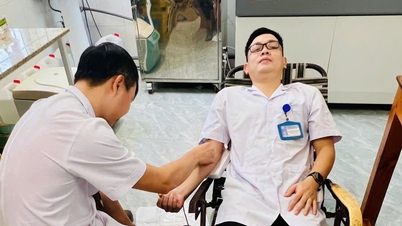

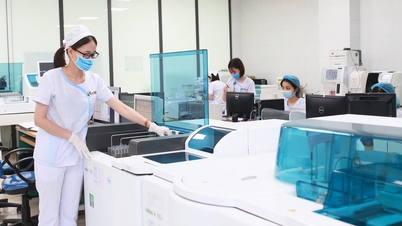
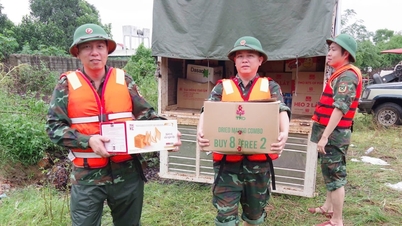



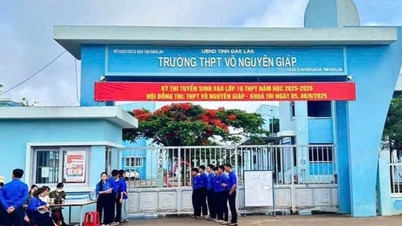




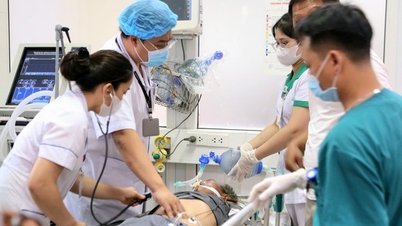
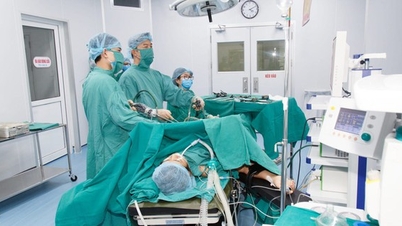







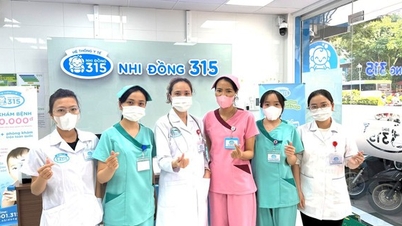
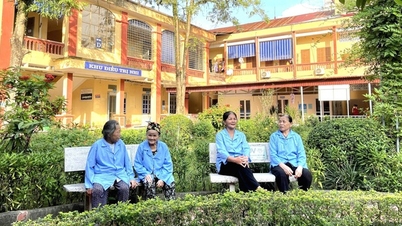


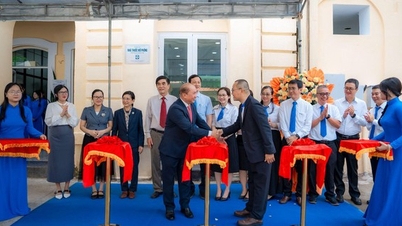


![[Photo] Panorama of the Patriotic Emulation Congress of Nhan Dan Newspaper for the period 2025-2030](https://vphoto.vietnam.vn/thumb/1200x675/vietnam/resource/IMAGE/2025/11/04/1762252775462_ndo_br_dhthiduayeuncbaond-6125-jpg.webp)



































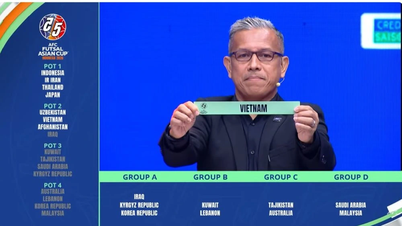







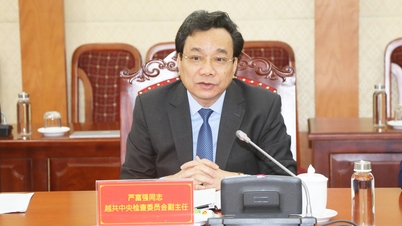

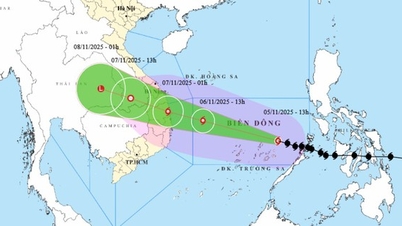






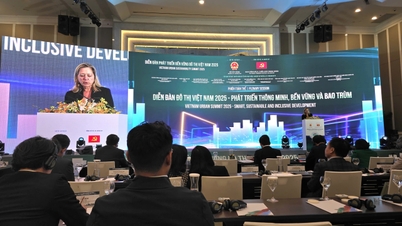

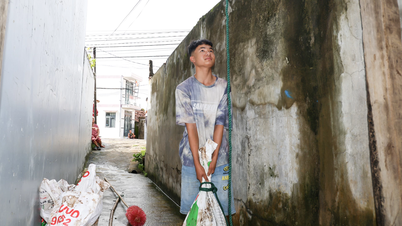



















Comment (0)